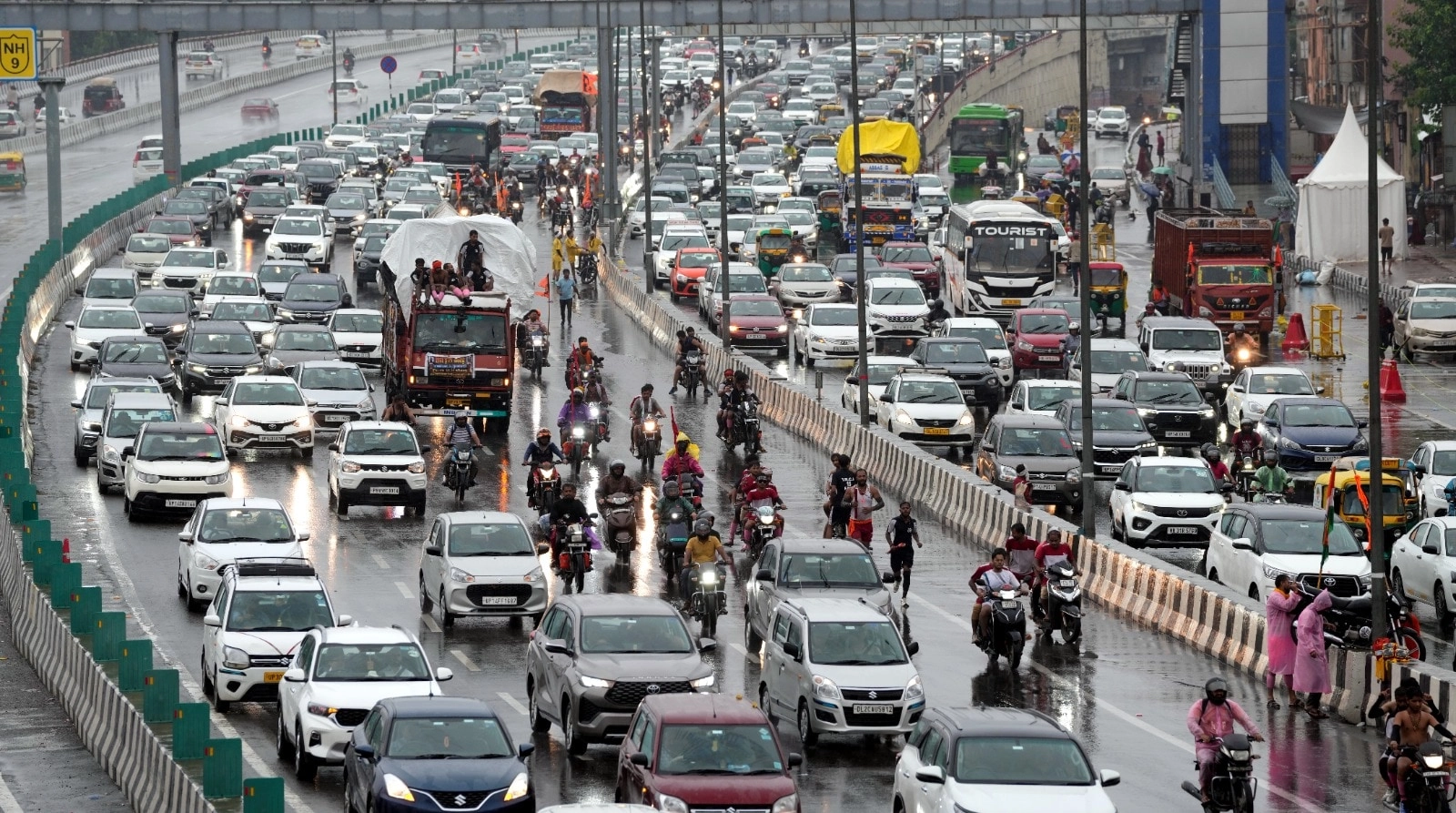In a significant legal development, a UK judge has once again denied bail to Indian businessman Nirav Modi, marking the tenth time he has faced such a ruling. This decision continues to underline the complexities surrounding Modi’s extradition case, which has garnered extensive attention due to his alleged involvement in a massive fraud scheme linked to India’s Punjab National Bank (PNB). The judge emphasized that the grounds for the bail denial remain consistent, citing concerns over the risk of Modi absconding if released. The repeated refusals for bail reflect not only the gravity of the charges against him but also the legal precedents in cases involving high-profile defendants facing serious allegations of financial crimes.
During the latest hearing, the judge reviewed the evidence presented by the prosecution, which argued that Modi poses a flight risk given his previous attempts to evade legal scrutiny. The court highlighted that Modi’s financial resources and connections could facilitate his departure from the UK, further complicating the extradition process. The judge’s remarks reiterated the importance of ensuring that individuals accused of significant financial misconduct remain subject to legal proceedings without the possibility of fleeing justice. As the legal saga continues, the implications of this case extend beyond Modi himself, raising questions about financial oversight and accountability in both India and the UK.
Nirav Modi has been fighting extradition to India, where he is accused of orchestrating a fraud scheme that allegedly resulted in losses exceeding $2 billion. His lawyers have argued for bail on several occasions, asserting that he poses no real flight risk and that his detention is unjustified. However, the court has consistently found that the evidence against him, coupled with the severe nature of the charges, warrants his continued detention. The ongoing legal battle reflects broader issues in international law and the complexities of extradition, particularly when large sums of money and high-profile individuals are involved. As the case progresses through the UK legal system, it remains a focal point for discussions around economic crime, international cooperation, and the efficacy of judicial processes in addressing such matters.




